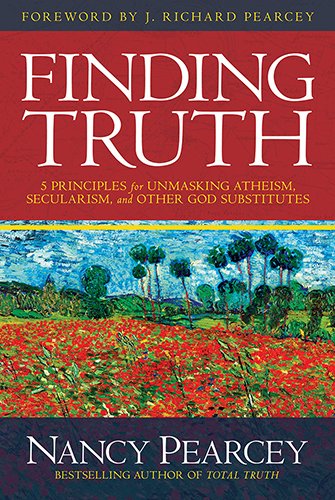 Pearcey i author of Finding Truth, and these podcasts touch on its themes:
Pearcey i author of Finding Truth, and these podcasts touch on its themes:
Are Humans Simply Robots? Nancy Pearcey on the “Free Will Illusion”
and
“Freeloading” from Religion: Nancy Pearcey on Materialism and Human Rights
Well, robots gotta freeload, right? But wait! CAN they?